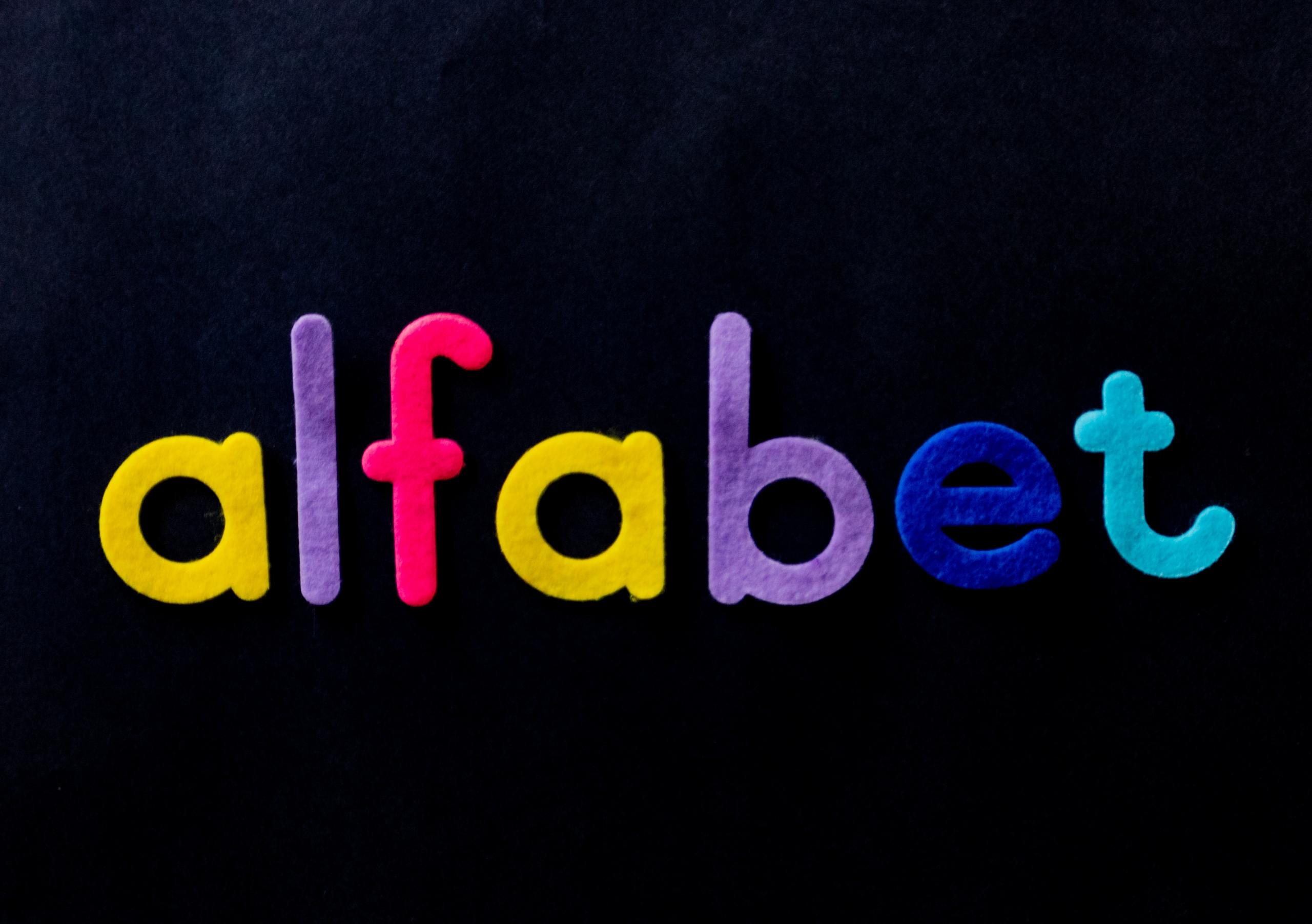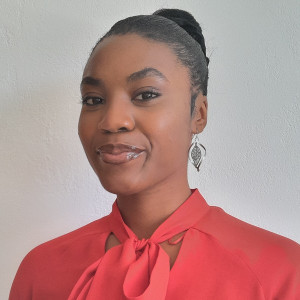Few people realise what a great language Afrikaans is to learn. Whether you’re a native speaker, who wishes to formalise their knowledge of the subject, or someone who is taking Afrikaans lessons for the first time, Afrikaans is really an easy language to learn. Afrikaans spelling, for one, is very simple, containing no major challenges, such as these English ones: neighbour, tough, bough, conscientious and indict.
For a non-native speaker, the first step is to listen to Afrikaans and to learn its spelling form. Take Afrikaans lessons and learn how to pronounce its alphabet and you will soon discover that the language is not as complex as a language like English, for example.
For instance, Afrikaans does not have any ‘silent’ letters, except in cases where words are foreign borrowings. Generally, Afrikaans words are spelled the way they are said and a word like Wednesday is simple written as Woensdag – no difficulty there!
So, let’s have a closer look at Afrikaans spelling rules and pin down those that are most likely to influence your vocabulary, as well as your accuracy and fluency. Getting a handle on these will influence your writing skills and will have you sounding like a native speaker pretty soon!
If you’re really anxious and are considering Afrikaans tutoring, look no further than the tutors on Superprof.

Let’s Talk Afrikaans Spelling
Afrikaans spelling is pretty straightforward, especially once you have learnt how to pronounce each letter in the Afrikaans alphabet. Once you have a good grasp of this, you will find that similar sounding words are generally spelled in pretty much the same way, e.g. arm, warm and alarm.
There is also a cute little rhyme which will help you learn how to pronounce the vowels in Afrikaans: “arme ek is oom uil”. Any parent can help their child, or themselves, by learning it – each word depicts very clearly the way in which each of these vowels is enunciated.
Further, there is never a toss-up between “c” and “k”.
Afrikaans does not use “c”, except in the case of words which have been borrowed from another language, e.g. cul de sac.
“K’ is the letter of choice, as is reflected in the words ek, kap, pak, sak, sukkel, wekker and plek.
“X” is also rarely used, and, just like the letter “c”, it is, generally, incorporated in borrowed words, such as Alexander.
Long and Short Sounds
Sounds can, of course, either be short or long and this is where the differences in spelling are most evident. Short sounds are spelled as they are said and longer sounds are, generally, spelled with a double-vowel. Below are some examples:
| Short vowel sounds | Long vowel sounds |
|---|---|
| man | maan |
| wen | ween |
| wes | wees |
| en | een |
| pot | poot |
Be Careful When Translating

Afrikaans is a very interesting language, which is often very apt or accurate in the way its words describe a situation, person or object. Sometimes its translations into English can be very interesting and downright funny, as demonstrated below:
| Afrikaans word | Literal translation | Correct translation |
|---|---|---|
| oorbel | ear bell or ear call | earring |
| seekat | sea cat | octopus |
| handskoene | hand shoes | gloves |
| spookasem | ghost breath | candyfloss |
| aardappel | earth apple | potato |
| tuinslang | garden snake | hosepipe |
| motorhawe | car harbour | garage |
| seekoei | sea cow | hippopotamus |
| kameelperd | camel horse | giraffe |
| yskas | ice cupboard | refrigerator |
| stinkmuishond | stinking mouse dog | striped polecat |
These are but a few of the interesting Afrikaans words that you may encounter in everyday conversation.
Others include: klapkassie (cubby hole), luiperd (leopard), perdeby (wasp), pletterpret (helmet), papiervampier (stapler), verkykers (binoculars), vergrootglas (magnifying glass), vlakvark (warthog) and ystervark (porcupine).
As is evident from the above, Afrikaans often favours compound words to describe a single idea, object or person. For example: landspresident, badkamervenster, rolstoel, tafeldoek and verkeerslig.
Of course, this can become extreme, as is the case with the longest word in the Afrikaans language, comprising no fewer than 136 letters: tweedehandseverkoopmannevakbondstakingvergaderingssameroepsterstoespraakskrywerspersverklaringuitreikingsmediakonferensieaankondiging.
This is a word that is very pertinent to a specific event and is in not in general use. So, you don’t have to worry about trying to say it, memorise it or understand it!
Before we move on, a brief mention must be made of the letter “s”, which is sometimes used as a sound to join two words, like a bit of cement, as in the case of the words verbindingsklank and nagsrus.
Look out for it!
Here is where to find afrikaans classes online on Superprof.
Afrikaans Plural Forms
As is the case in English, many Afrikaans plurals are formed by simply adding an “s”. For example: appels, piesangs, mans, meisies and motors.
So, what happens when a word ends in an “s”?
- Where a word ends on an “s” an “e” is added:
| Singular | Plural |
|---|---|
| dans | danse |
| gaans | gaanse |
| kans | kanse |
An “e” is also added when a word ends in a consonant like “d”: bande, tande, maande.
- Where a word ends on a consonant like “g” for example, but the consonant is preceded by a vowel, the “g” is dropped and an “e” added to form the plural:
| Singular | Plural |
|---|---|
| vlag | vlae |
| vliegtuig | vliegtuie |
| weg | weë |
Some exceptions to this rule are: gedig which becomes gedigte and gewrig which becomes gewrigte.
- In the case of a diphthong, where the same letter is repeated to create a long sound, one of the two letters is dropped and an “e” is added at the end of the word:
| Singular | Plural |
|---|---|
| baan | bane |
| poot | pote |
| taal | tale |
| been | bene |
| traan | trane |
It would be a grand idea to try to memorise these basic rules, as most of the plurals you will encounter will fall into one of the categories explained above.
And, if you need to do an Afrikaans spelling check, consult a good dictionary.
Start taking grade 1 afrikaans lessons in South-Africa here on Superprof.
The Various Diphthongs

Diphthongs are used in Afrikaans to accentuate particular sounds in a word, to a greater or lesser degree. Examples of these are:
| Diphthong | Examples |
|---|---|
| ie | bedien, sien |
| eu | reus, neus |
| ee | leen, been |
| ui | ruil, vuil (similar in sound to rail and fail, respectively) |
Whenever you commit an idea to writing, ensure that you do an Afrikaans spelling check!
Afrikaans Tenses
This is another interesting concept.
It is, however, not a difficult one to get used to once you know that:
- the verb generally moves to the end of the sentence
- the word het and the prefix “ge” are included to indicate the past tense
- the future tense is indicated by the inclusion of the words wil and sal.
| Present Tense | Past Tense | Future Tense |
|---|---|---|
| Ek lees ‘n boek. | Ek het ‘n boek gelees. | Ek sal ‘n boek lees. |
| Die hond jaag die kat. | Die hond het die kat gejaag. | Die hond sal die kat jaag. |
| Dit reën vandag. | Dit het gister gereën. | Dit sal môre reën. |
| Jy sit hier. | Jy het hier gesit. | Jy sal hier sit. |
| Paul skryf ‘n boek. | Paul het 'n boek geskryf. | Paul sal 'n boek skryf. |
Notice that the present tense noun is maintained in the future tense and is only changed in the past tense.
Diacritics Used in Afrikaans
Interestingly, several diacritics are used in Afrikaans to place emphasis on particular sounds in a word or to mark a new syllable.
1. The Acute Accent
In Afrikaans the acute accent places an emphasis on a particular word.
This is done instead of underlining or bolding a word. This particular diacritic can be placed over any vowel and even over “y”. Examples of it in action are:
- Dít is jou broek.
- Dit ís jou broek.
- Dit is jóú broek.
2. The Diaeresis
The diaresis separates two vowels which would otherwise be pronounced together.
It is used to mark the start of a new syllable. Examples of this are found in words such as beïndruk, geëet and vroeër.
3. The Circumflex
This diacritic is placed above any vowel which has an unusual pronunciation.
The circumflex is used in words such as: bêre, lê, sê, skêr and wêreld.
There are also other diacritics, such as the grave accent, which appear in Afrikaans, but they are not used as commonly as those listed above.
That’s it: a quick rundown of some of the little idiosyncrasies which make up the language called Afrikaans, in a sense, an African language with Dutch and German roots.
Need more help?
Consider Superprof for professional Afrikaans tutoring en binnekort vlieg jy met die arende!*
*Soon you'll be flying with the eagles (Meaning: you'll be soaring.)
Summarise with AI:















This is very helpful since my son was struggling with afrikaans the past year. Can I contact you whenever I need help?
Hello Ruth,
We’re so happy to hear that this article has helped your son. You can access our other articles on learning Afrikaans at any time on our blog.
If you’re interested in connecting your son with an Afrikaans tutor you can search for one near you on our website http://www.superprof.co.za.